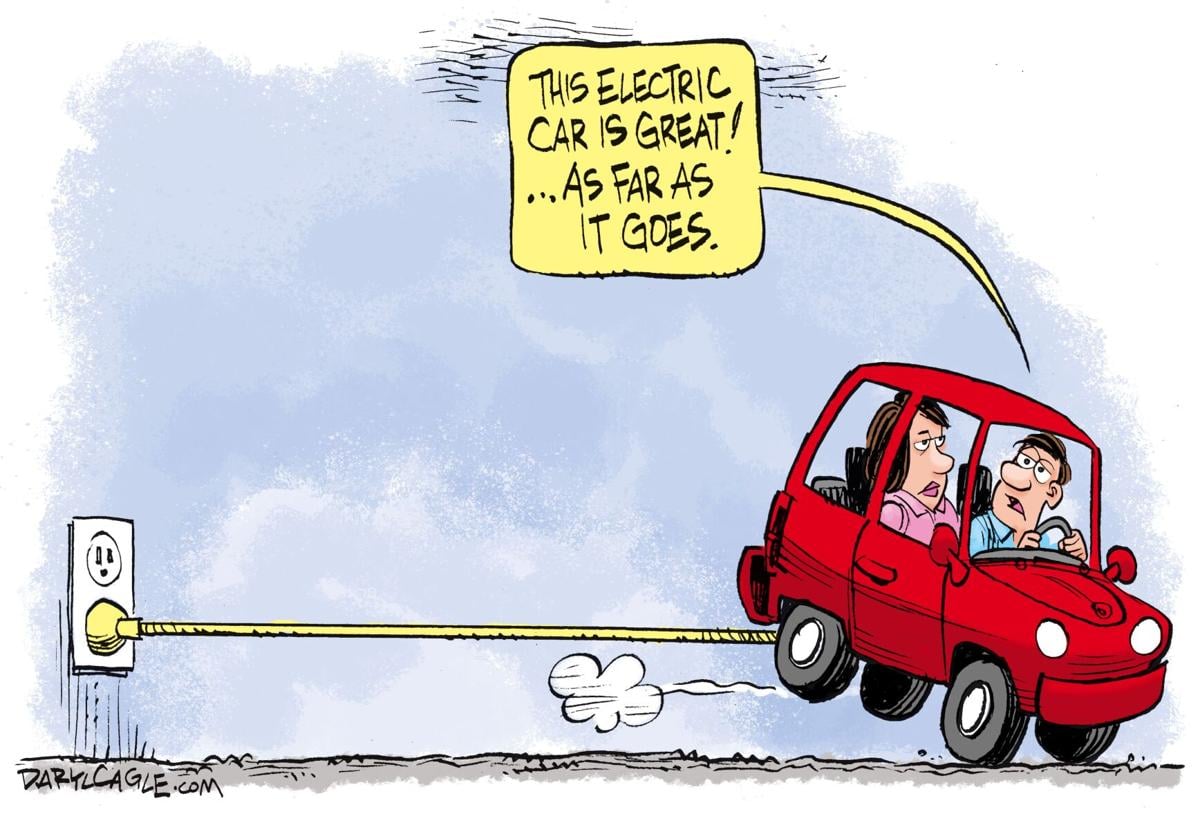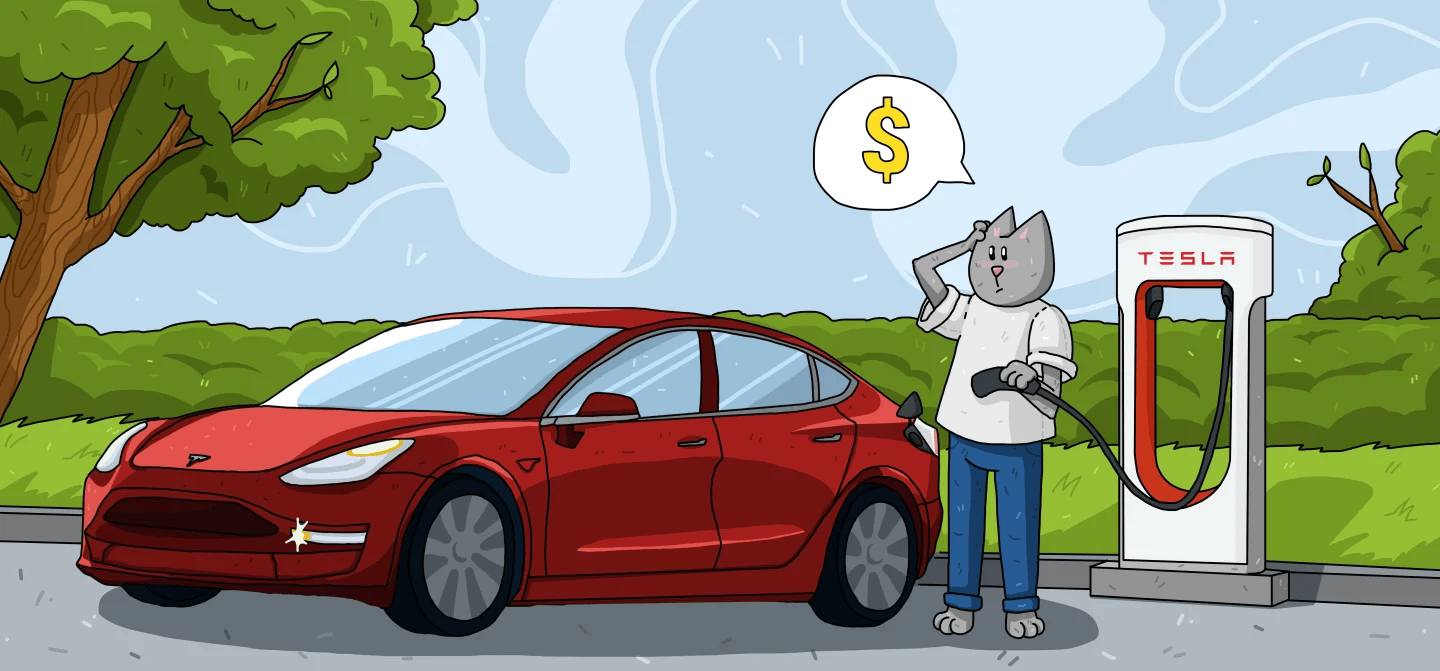As EVs and Tesla cars in particular grow in popularity in the US, prospective buyers always ask first: "How much will it actually cost to charge it?" Let's take a look at different Tesla models, analyze their charging costs and compare it to gas cars. We'll also show how Home charging can potentially save you thousands. Hop in and off we go.
Tesla charging vs. gas vehicle costs
For many buyers, the comparison to gas-powered vehicles is what makes the Tesla value proposition clear.
| Cost Comparison | Tesla Model Y Long Range | BMW X3 (Gas) | Savings with Tesla |
|---|---|---|---|
|
Cost per mile
|
4.0¢
|
15.6¢
|
11.6¢ (74%)
|
|
Monthly cost (1,000 mi)
|
$40
|
$156
|
$116
|
|
Annual cost (15,000 mi)
|
$600
|
$2,340
|
$1,740
|
|
5-year cost (75,000 mi)
|
$3,000
|
$11,700
|
$8,700
|
|
10-year cost (150,000 mi)
|
$6,000
|
$23,400
|
$17,400
|
 |
Lifetime cost comparisonOver a typical 10-year vehicle lifespan covering 150,000 miles, the numbers become even more compelling. A Tesla Model Y would incur approximately $6,000 in charging costs, while a BMW X3 would require about $23,400 in fuel—a lifetime fuel savings of $17,400. For trucks, a Tesla Cybertruck would cost approximately $9,600 to charge over its lifetime, compared to the $29,250 in fuel costs for a Ford F-150—saving $19,650. Add in the reduced maintenance costs from having fewer moving parts, and the total ownership savings become even more substantial.
|
Charging location (home vs. public)
Charging equipment efficiency
Home charging setup costsHome charging requires a one-time investment but delivers the lowest per-mile costs over time. The Tesla Wall Connector costs $425, and installation typically runs between $500-$1,500 depending on your electrical setup, for a total upfront cost of $925-$1,925. This provides charging speeds up to 44 miles of range per hour, with costs based on your home electricity rate. For business and homeowners who already have 240V outlets in their garage, you can use Tesla's Mobile Connector ($230) with the appropriate adapter, saving on installation costs. Charging your Tesla at home is nearly always cheaper than using public charging options, especially if you take advantage of off-peak electricity rates. |
Watch this practical explanation
|




